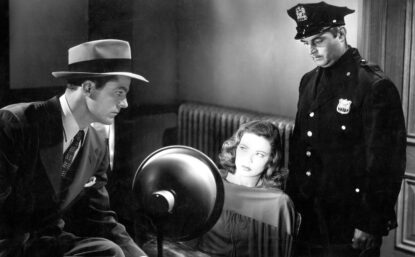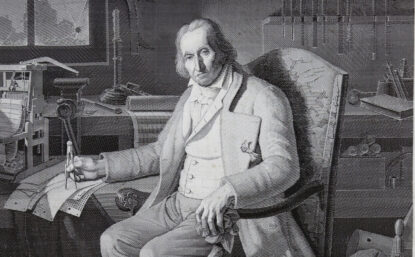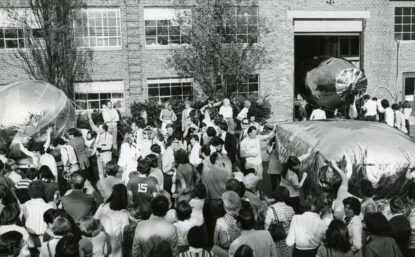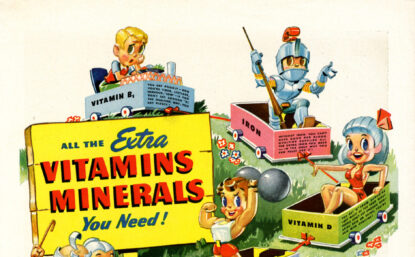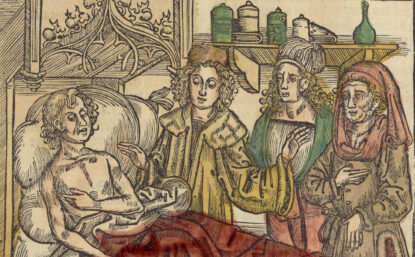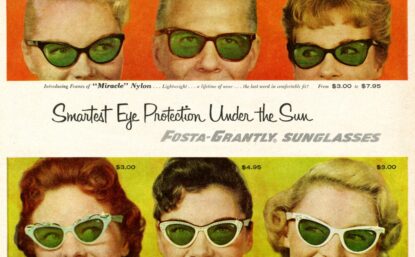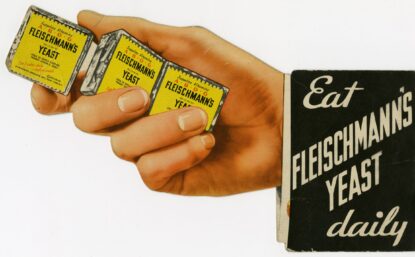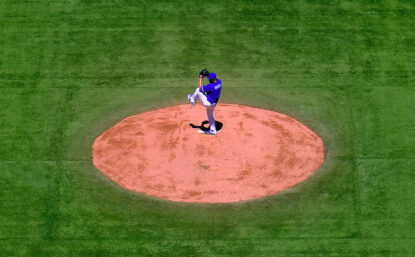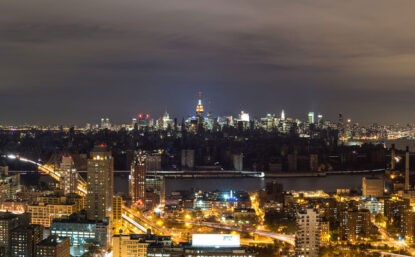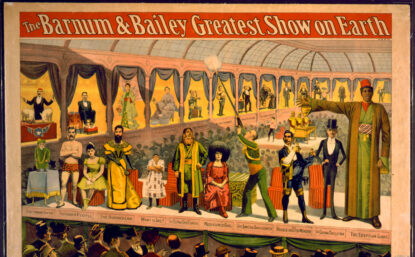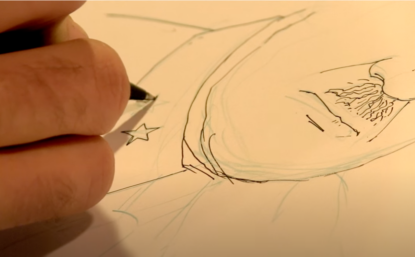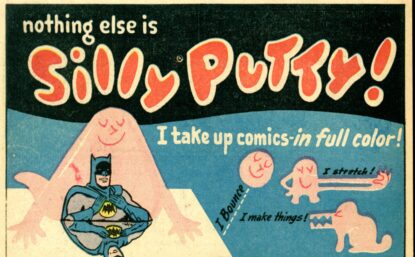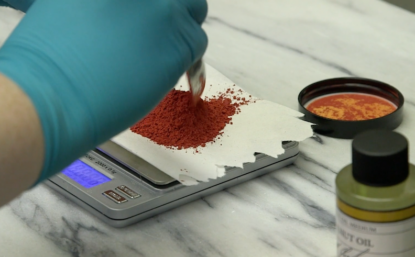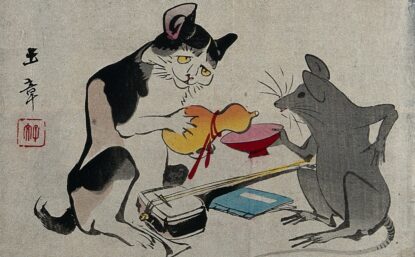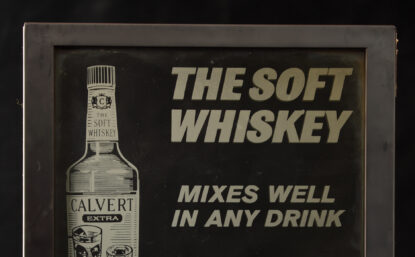Distillations magazine
A Game of Cat and Mouse
A predator stalks Marion Island, and it weighs less than an ounce. Scientists are racing to stop it.
Distillations articles reveal science’s powerful influence on our lives, past and present.
The Gowanus Canal
The fight for Brooklyn’s coolest Superfund site.
Stranger Than Fiction
Is there any truth in truth serums?
The French Connection
Inventor Charles Babbage drew inspiration from an unusual source for his analytical engine.
Up, Up, and Away
The day a lead balloon flew.
Packed Full of Questions
The discovery of vitamins in the early 20th century opened the gates to the flood of dietary supplements we have today. The result has been the marketing of nutritional anxieties against a backdrop of minimal regulation.
Tryals and Tribulations
Doctors battle for supremacy in the 17th century.
Plastic Town
A small Massachusetts town of knickknack makers helps mold the material world.
The Science of Satisfaction
A Japanese gourmand discovers the fifth element of taste.
The Healing Power of Compressed Yeast
Fleischmann’s Yeast for Health campaign turned unappetizing blocks of fresh yeast into one of the first health-food fads by using brazen, relentless advertising marked by unverifiable claims and “scientific” language.
Turf Wars
In the 1960s chemists created artificial turf. But are synthetic fields better than natural grass?
Let There Be Light
The story of electricity, danger, nationalism, advertising, and pollution in the lighting of the United States.
It’s a Mad, Mad World: Dow and the Age of Consumption
In the years following World War II, chemical companies sold not only products but a lifestyle.
Strange Things
In a time of rapid technological change and globalization, separating the fake from the real was not always easy. Sound familiar?
Comic Drama: Illustrating the Manhattan Project
Author and illustrator Jonathan Fetter-Vorm tells the stories of science through comics and graphic novels.
A Successful Failure
Silly Putty’s serious past.
Making and Knowing (Fake) Coral
Watch historians re-create a recipe for imitation coral, a popular material in early modern jewelry and home décor.
The Machiavelli Microbe
Can a parasite in your cat’s litter box take control of your mind?
A Cloudy Past
Before today’s cell-phone, laptop, and TV screens, there was a whiskey advertisement.


